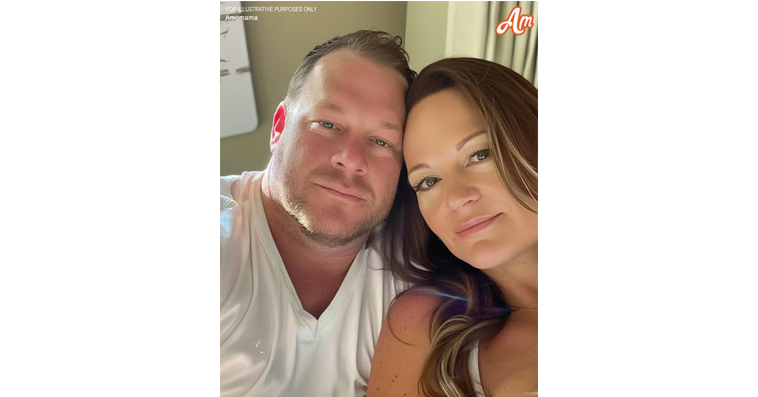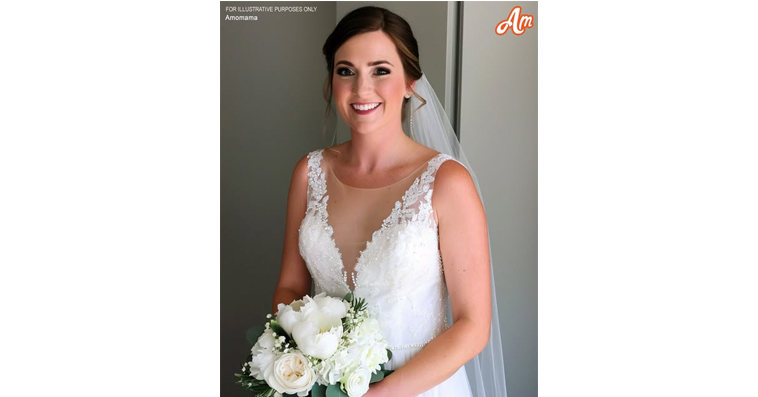Am I Wrong for Telling My Husband’s Ex That I Must Have Been His Favorite Girlfriend Since He Married Me?
The relationship dynamics between my husband and I could be described as a roller coaster of love. From childhood sweethearts to distant memories, and finally, a reunion that led to marriage, our journey had seen many seasons. Patty, an ex-girlfriend of my husband from his time apart from me, remained a cordial figure in his life. Her occasional greetings and congratulations had always been received with goodwill, underscoring a mature ending to their brief story.
It was a casual Saturday night when these worlds overlapped more directly than usual. My husband and I decided to unwind at the local bar, and there was Patty, seemingly enjoying her own night out. After a few fleeting hesitations, the situation naturally evolved into a shared table, filled with drinks and old stories. The night was pleasant, with laughter echoing over clinking glasses, until an offhand comment from Patty tilted the mood.
“Well, at least I will always be your favorite girlfriend,” she remarked playfully to my husband. The words hung briefly in the air, and without missing a beat, I responded with a laugh, “Wouldn’t I be his favorite girlfriend since I’m the one he married?” I meant it as a lighthearted jab, a playful assertion of my current place in his life.
However, the reaction was immediate and palpable. Patty’s smile faltered, and the atmosphere cooled. She quickly finished her drink, made an excuse, and left, leaving a silence that my husband and I did not immediately fill.
The next day, my husband received a long message from Patty. It was filled with hurt feelings and accusations of unnecessary hostility on my part. She felt demeaned, as if her past with my husband was being trivialized. My husband, caught between his past and present, conveyed her feelings to me with a mixture of confusion and concern.
Reflecting on that moment and the message, I began to question my own response. My intent had not been to wound. Yet, the impact was undeniably harsh. It became clear that what I perceived as playful banter was received as a sharp dismissal of her memories and feelings.
The situation required a remedy, not for the sake of just peace, but for the respect of all relationships involved. I decided to reach out to Patty directly. It was a difficult conversation to initiate, but necessary. I apologized for the remark, explaining my intention was not to undermine her or her past relationship with my husband but to jest about the one I shared with him now.
Patty, gracious yet candid, accepted the apology and expressed her appreciation for my reaching out. She admitted that her comment was also not meant to stir old flames but was a playful nod to their past. The dialogue cleared the air, reaffirming boundaries and respect that sometimes blur in the complex narratives of past and present relationships.
In the end, the incident taught me a valuable lesson about sensitivity and the impact words can have, regardless of intent. It reinforced the importance of considering other people’s feelings and histories, ensuring that all relationships, past and present, are treated with the respect and care they deserve. This conversation, though sprung from conflict, ultimately strengthened the understanding and respect between Patty and me, and clarified the boundaries that would ensure peace and mutual respect going forward.

